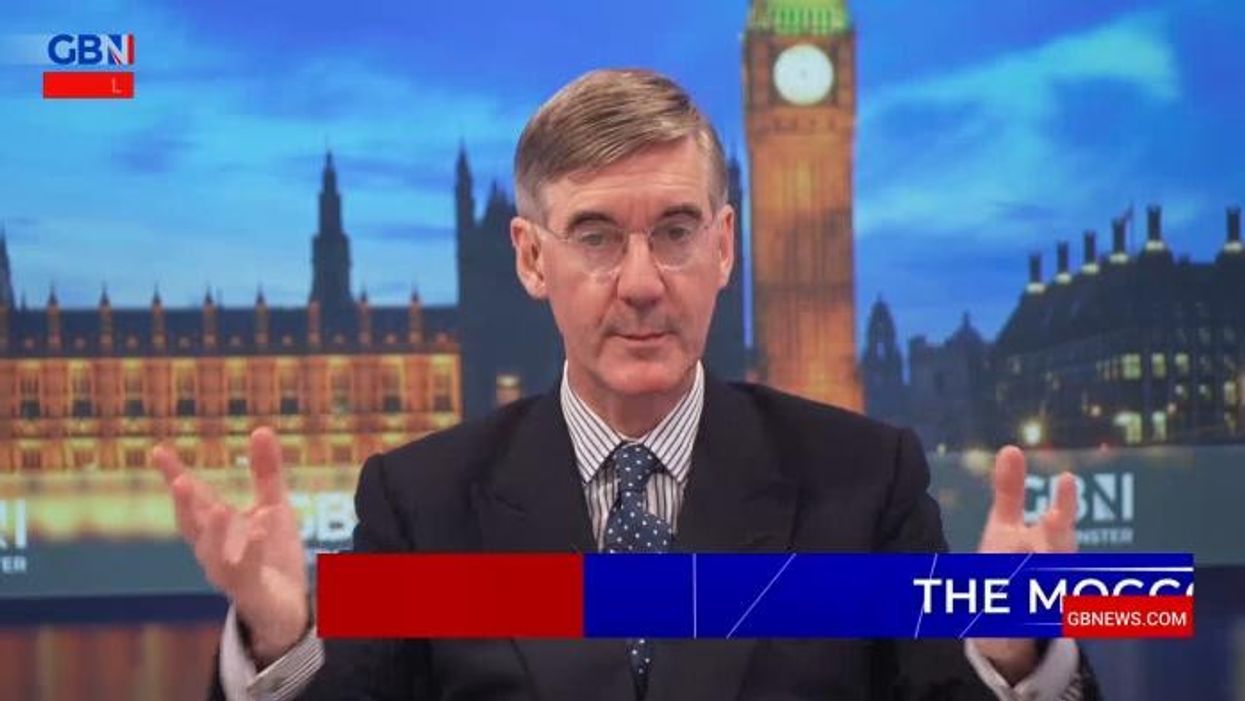The US is a deeply divided nation and a Trump assassination would have triggered civil unrest, says Sir Jacob-Rees Mogg

Had the bullet been less than an inch further to the left, America could be in the grip of civil unrest and conflict not seen since the American Civil War of the 1860s
Don't Miss
Most Read
In March of the year 44 BC, a group of Roman officials carried out a bloody assassination of their leader, Julius Caesar, in the Senate.
History documents the most treacherous of conspirators as one Marcus Junius Brutus of 'et tu Brute' fame, who justified the murder as a response to fear over the excessive concentration of power that Caesar had accrued, threatening the very existence of the Roman Republic.
The event triggered a civil war which ultimately led to the fall of the very republic that the assassination was designed to save.
Throughout history, political assassins have justified their actions by claiming to be acting in defence of the state. When in reality, the murder of leaders tends to lead to division, civil disputes, and political instability.

Sir Jacob Rees-Mogg shares his thoughts on Donald Trump's assassination attempt
|GB News
The attempt on the life of former President Donald Trump on Saturday was in this category. It is a great, good fortune that Trump has survived. He is lucky and the United States is lucky.
Had the bullet been less than an inch further to the left, America could be in the grip of civil unrest and conflict not seen since the American Civil War of the 1860s.
The degree of anger that there would have been, the feeling that this had been stitched up by the establishment against Donald Trump, who they have been so strongly opposed to, would have been almost unbearable and unbeatable.
Now, here in the UK, we have tended to be fortunate that we do not have a culture of our political leaders being assassinated or serious attempts being made on their lives. Not since 1812, when Spencer Percival was shot to death in Saint Stephen's Hall in the House of Parliament have we had such an atrocity occur.
However, we are not immune to the tragic effects of political violence. In recent years, we have experienced the sad deaths of both Jo Cox and Sir David Amess to this savagery. Not to forget the brutal murder of Airey Neave by the IRA in 1979.
Donald Trump is indeed fortunate to be alive, as was Margaret Thatcher after the Brighton bombing in 1984 when her life was saved by a few yards.
The United States is currently a deeply divided nation, and if Trump were to have been killed, his loyal supporters would have been enraged to such a degree that political violence would almost certainly have occurred across the country, they would have assumed the attack had been ordered by the establishment, which has declared its determination to stop Donald Trump.
As President Biden said in his address to the nation last night, it is essential for democracy that disagreements are fought at the ballot box.
There will be an independent inquiry into security measures in the lead-up to the attempted assassination and instructed intelligence services to improve security at the Republican National Convention, which is taking place this week.
So what do these events mean for November's presidential election? While polling has been firmly in Trump's favour for some time now, and recent events are likely to improve his prospects further, perhaps akin to the Kennedy sympathy boost President Lyndon Johnson saw in the 1964 election, the event has overshadowed public discussions about the suitability of President Biden's candidacy after successive gaffes and public mishaps led many to believe he is senile, so should not be the Democratic nominee.
Thus, the ballot paper will almost certainly be Trump versus Biden, and Trump looks set to win.











